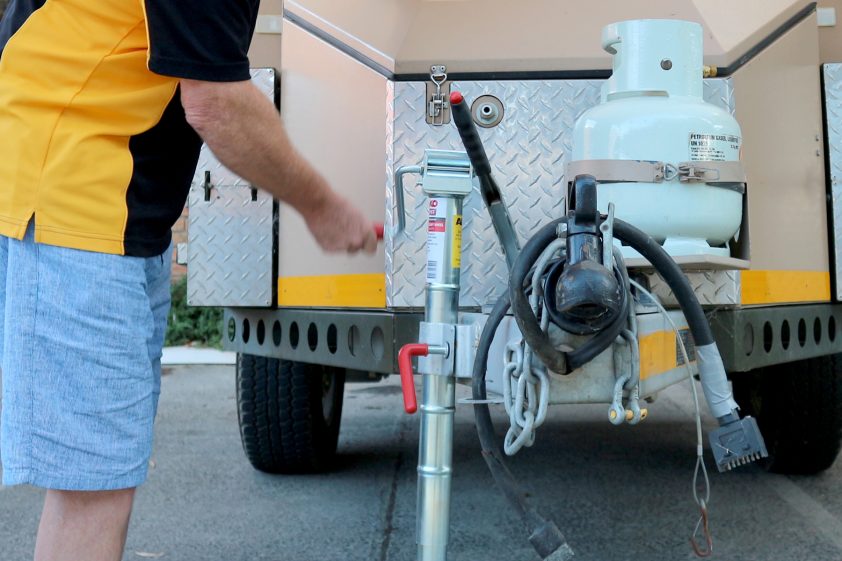Costs can – and do – certainly mount while travelling for extended periods. And in that respect, regular stays at caravan parks, precious fuel, basic food and supplies, camping paraphernalia, requisite vehicle and RV maintenance, inescapable insurance and registration etc. are all unpalatable slices of the adventuring financial pie.
There are also risks and benefits associated with maintaining a ‘working on the road’ existence.
Some of the benefits are – lapping up a dream lifestyle; social aspects and experience, eg. mingling with other campers; feel-good factor associated with volunteer work; reducing costs, which relieves financial pressure; additional spending money; capacity to extend life of holiday; personal health and fitness; quid pro quo, i.e. giving time in exchange for free accommodation and meals (WWOOFing).
Risks include – illness, with inadequate health care in some outback communities; lack of RV facilities in some remote regions, thus making the trip less comfortable or enjoyable; potential for physical injury, eg. falling off a ladder while picking cherries; poor communications, particularly in case of emergency; and emotional upheaval, due to leaving the home, family and friends behind.
However, working or volunteering will undeniably help you subsidise your expenses while adventuring – and also keep you enjoying the great outdoors for much longer!
1. UTILISE ANY ACQUIRED OR PROFESSIONAL SKILLS
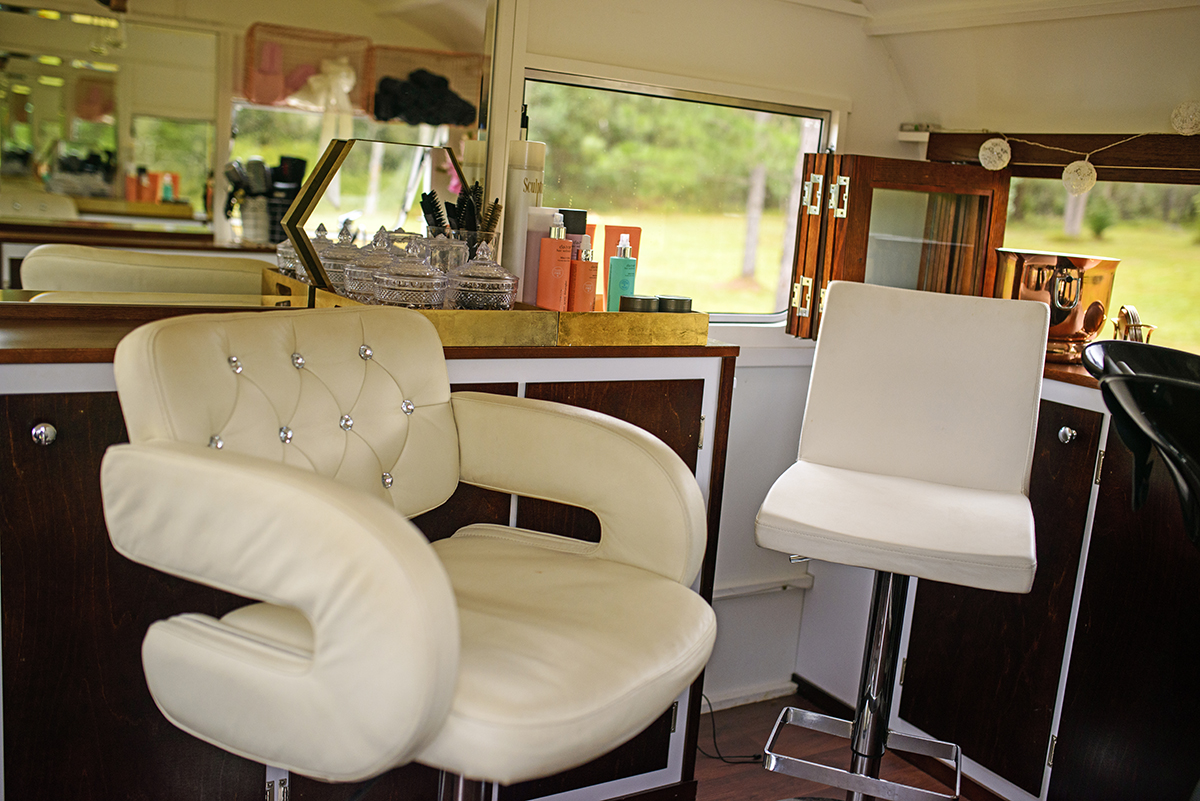
Caravan parks often seek grey nomads with knowledge, expertise and experience in trades such as carpentry, electrical and mechanical. Even jacks-of-all-trades that can re-hinge a toilet door may be sought-after.
Local hospitals and doctor’s surgeries occasionally look for the services of medical staff trained in nursing, administration and environmental services.
Hairdressers and travelling ‘geeks’ can also come in handy around the campsite.
2. OFFER VOLUNTARY LABOUR
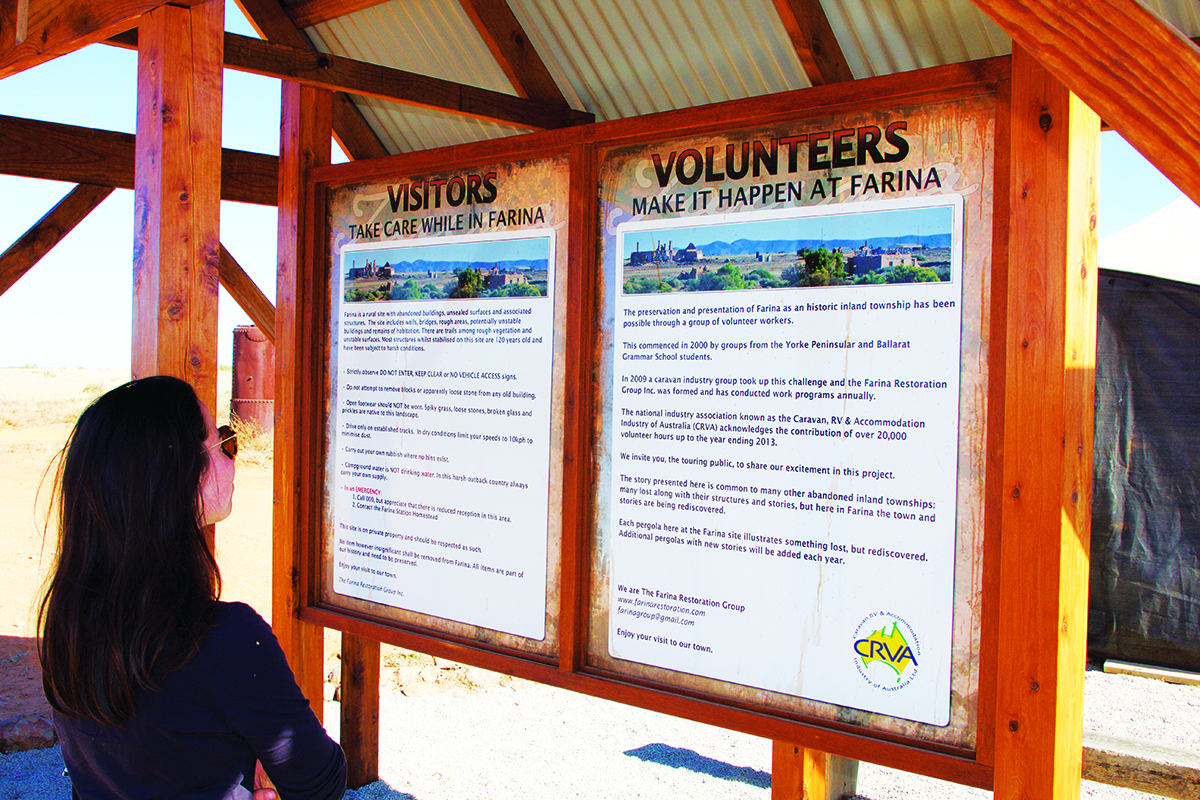
Not only will you obtain a sense of goodwill, but board for work – giving time in exchange for accommodation or meals – will definitely save you money.
Frugality is part and parcel – indeed a reality – of long-term travel, and if you’ve ever been interested in volunteering on an organic farm there’s WWOOF (Willing Workers on Organic Farms). Usually it’s a 4-6 hour daily stint of various chores, with free food and lodgings thrown in for good measure. WWOOF membership is $70, which gives you access to more than 1800 host farms Australia-wide.
3. CONTACT RELEVANT JOBS BODIES
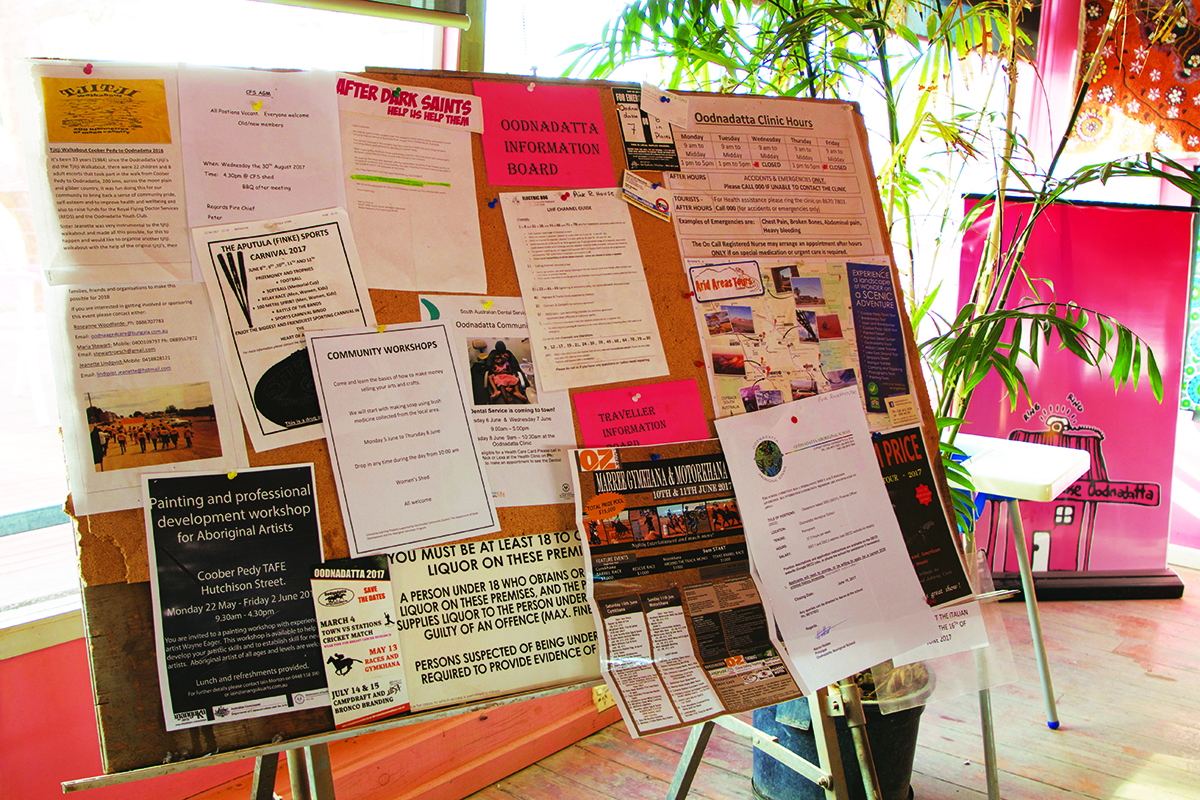
Sourcing Centrelink offices, local newspapers and supermarket noticeboards to ascertain jobs availability are a great way to enter the local workforce.
There’s often casual vacancies, and some caravan parks and roadhouses prefer mature-aged couples who they see as more reliable than backpackers.
It’s also worthwhile to pick the brains of locals and fellow travellers when considering work on a temporary basis along your journey.
4. DO YOUR HOMEWORK ON SEASONAL OPPORTUNITIES
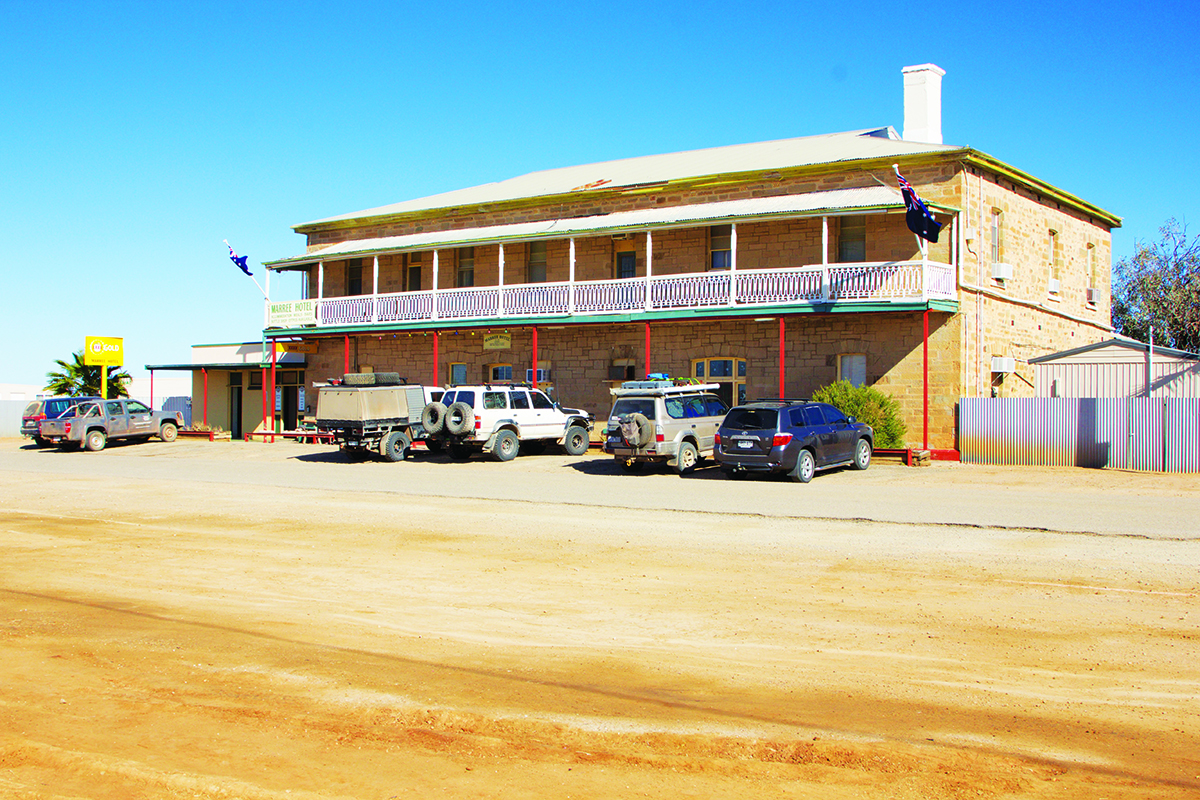
It can pay off to have an awareness of seasonal opportunities in hospitality, with country pubs welcoming those that can pull a beer or cook. And orchards are regularly seeking physically capable fruit pickers who often hop from one harvest to the next.
The more IT savvy explorer would even have heard about Workout Australia, which details important information on casual, seasonal, part-time and permanent work around Australia.
5. RURAL CARETAKING
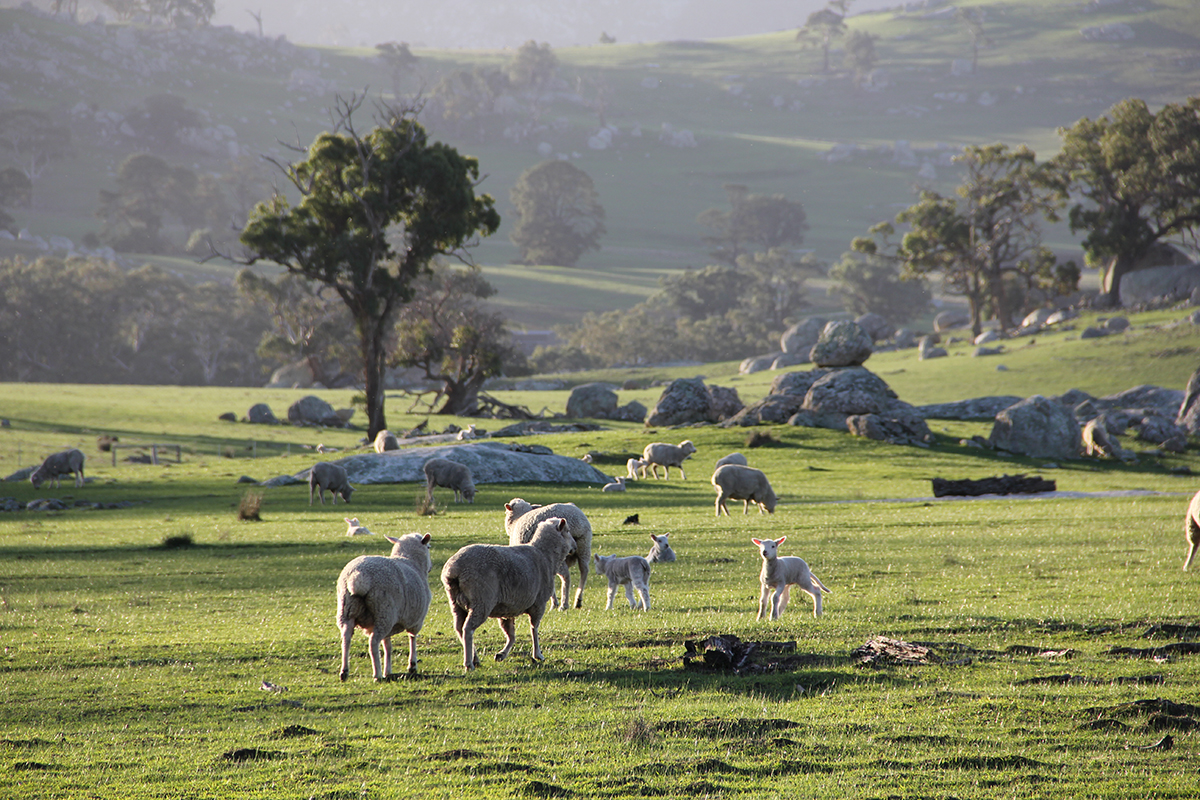
Perhaps breathing that fresh country air while earning a quid or two is appealing, and if so, a caretaking role on a rural property could be just the thing for extending your time on the road.
Most farmers don’t require a pastoralist – just a person who demonstrates initiative and honesty.
Generally a minimum commitment (three to six months) is expected, with the work involving general maintenance and vigilance on controlling the stock.
6. CONDUCT PRIOR RESEARCH
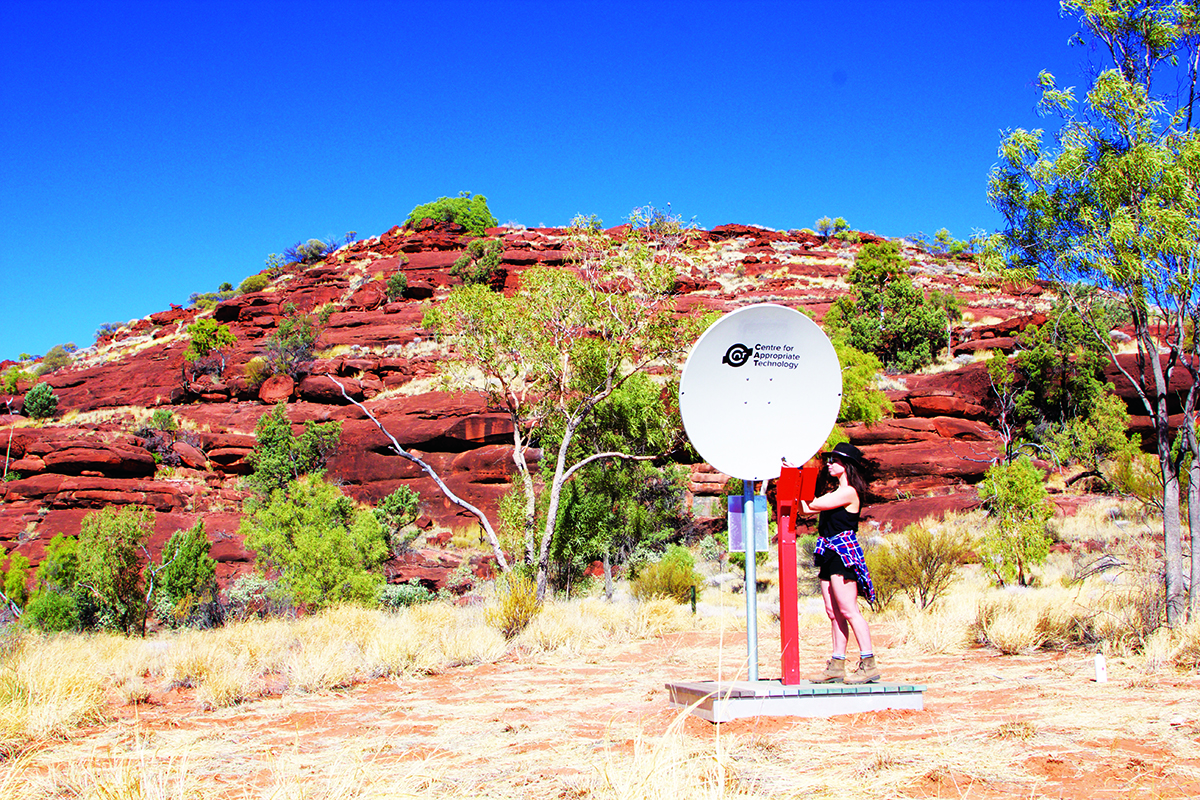
Prior planning on job opportunities in the area you’ll temporarily be based is a great head start.
Navigating online jobs advertisements, viewing social media including relevant Facebook pages, and exploring print media by reading through the jobs section of local newspapers are all effective tools.
And a couple of useful websites are www.workaboutaustralia.com.au and www.greynomadsemployment.
Investigating and seeking potential opportunities while in transit, ensuring internet access via computer, laptop, mobile etc., will also supplement your pre-planning.
7. CREATE AND CAPITALISE ON YOUR OWN OPPORTUNITIES
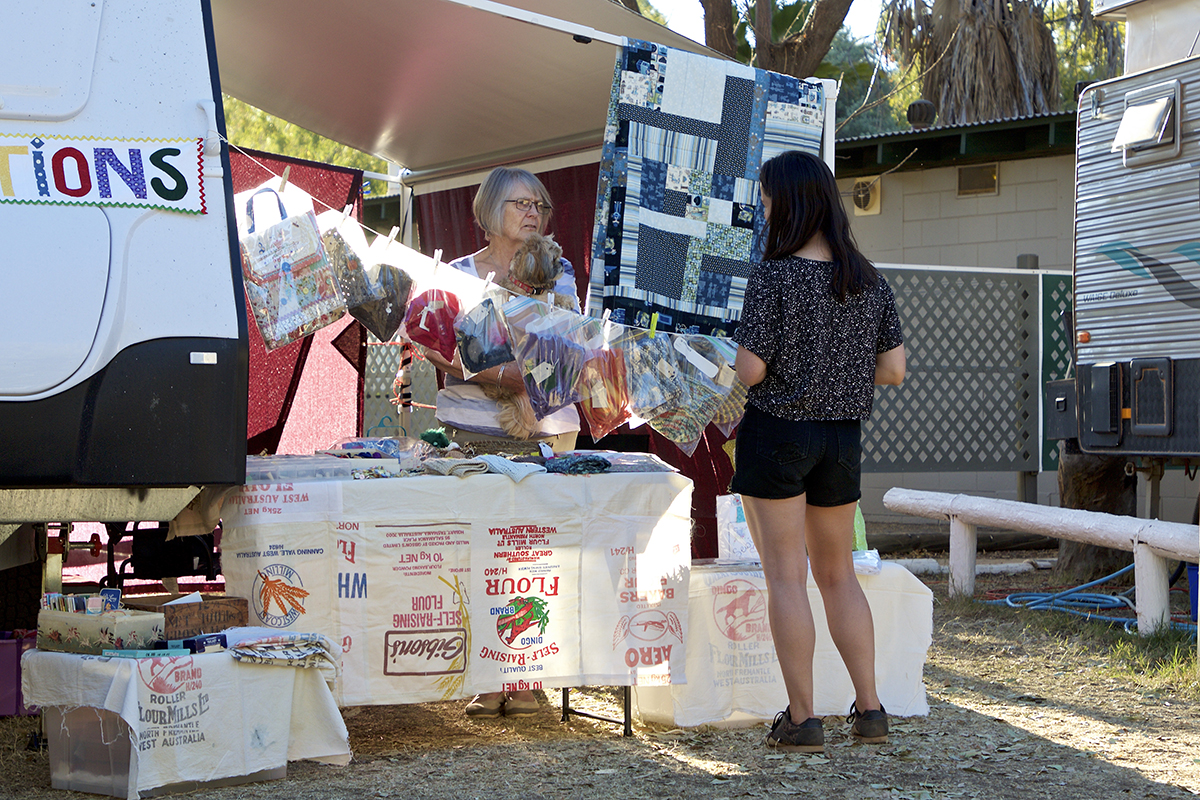
Nothing works better than ‘selling’ yourself and your wares while on the wallaby. Some travellers have hobbies and passions, such as art and craft, that can earn them some coin. Even freelance writers and photographers have been known to pick up short-term positions at regional newspapers.
8. NETWORKING AND SOCIALISING
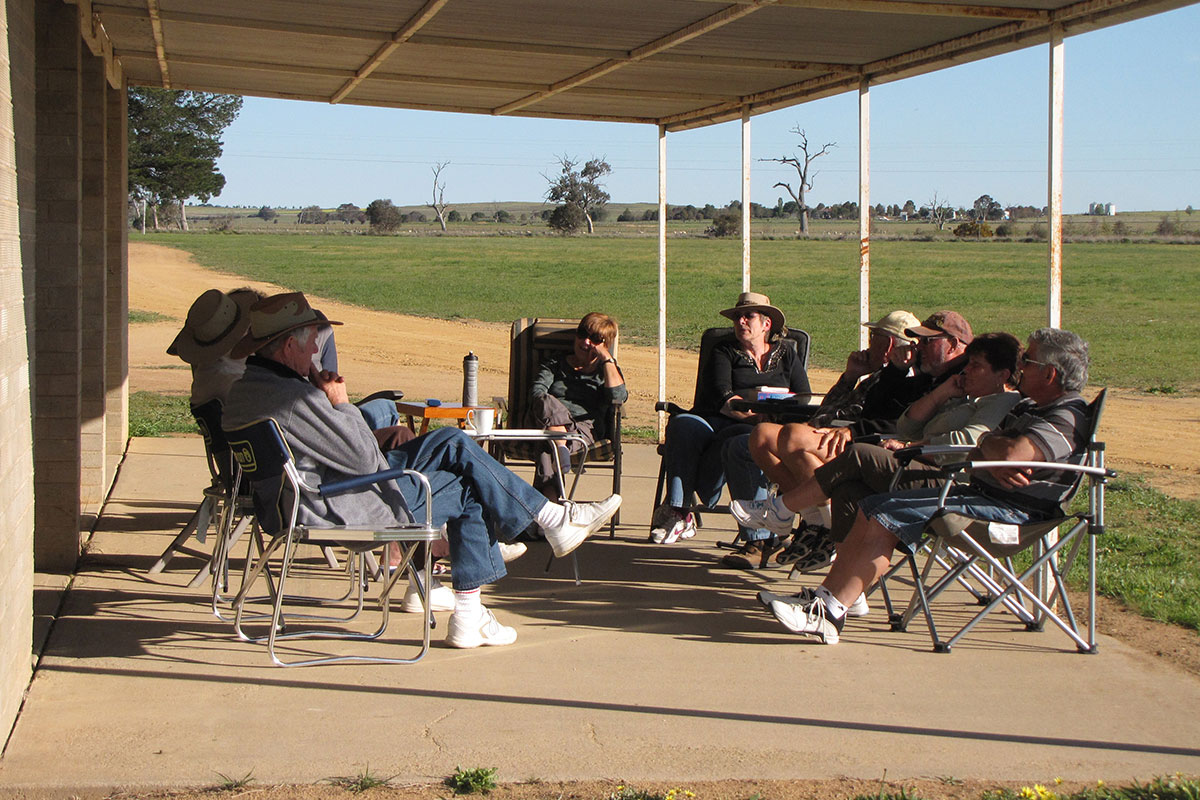
Sitting down for a cuppa, or even a tipple, with fellow grey nomads and like-minded travellers who can speak from personal experience is priceless. The “been there, done that” adage never goes astray. Even a brief discussion with the caravan park’s managers can lead to significant inroads.
Working on the road certainly has its monetary and non-financial rewards, and it also pays to keep an open mind. Being prepared to have a red-hot go at doing almost anything is sure to impress. Additionally, make an informed decision on where you want to stay; and guarantee time flexibility so you can spend longer in one place.
MEET THE AUTHOR
Peter Quilty
With more than 30 years’ journalistic experience, Peter’s brief predominantly centres on editorial reviews for Caravan World and CamperTrailer Australia magazines.
A relative late starter to the trials and tribulations of the RV industry, Peter has been making up for lost time caravanning and camping with his family around Victoria. Initially, Gippsland was the primary stamping ground free camping in idyllic bush settings such as Dargo and Licola, beside the Wonnangatta and Macalister rivers respectively. Other favourite haunts also became ensconced on the family camping itinerary – Jamieson in Victoria’s High Country, Whitfield in the King Valley, Princetown on the Great Ocean Road, and Bright in the Ovens Valley.



